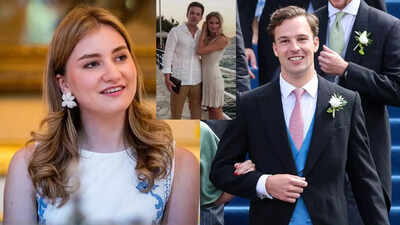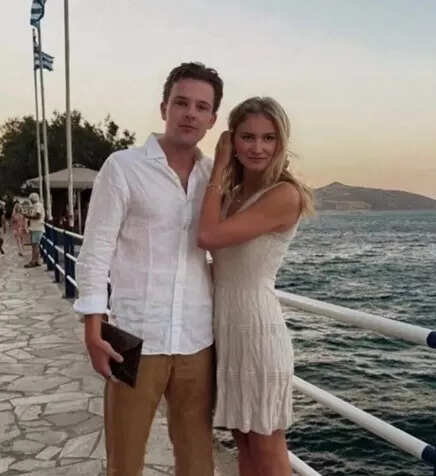Developer Offer
Try ImaginePro API with 50 Free Credits
Build and ship AI-powered visuals with Midjourney, Flux, and more — free credits refresh every month.
Palace Declares Viral Royal Couple Photo An AI Fake
A photo that ignited online speculation about a budding romance between two of Europe's young royals has been officially dismissed as a fake, with the Belgian palace confirming it was created using artificial intelligence.

A Fabricated Royal Romance Goes Viral
The image, which appeared to show Princess Elisabeth of Belgium and Prince Georg of Liechtenstein in a private moment, spread rapidly across social media platforms and tabloids. The picture led many to believe they were witnessing the start of a relationship between the heir to the Belgian throne and a member of Liechtenstein’s princely house. For royal watchers, it seemed to be the first romantic link between the two royal families in over 50 years, causing a significant stir online.

Palace Officials Debunk The AI Hoax
In a swift move to quell the rumors, Belgium’s royal household issued a statement clarifying the photo was “entirely artificial” and that the depicted event never occurred. Officials emphasized that Princess Elisabeth, who is currently studying at Oxford University, remains focused on her education and preparing for her future responsibilities. While the Liechtenstein family did not release an official comment, sources close to them confirmed the Belgian palace's assessment that the image was a fabrication.
The Telltale Signs of AI Generation
Digital forensics experts quickly pointed out that the image showed several hallmarks of AI generation. These included subtle inconsistencies in the background and other details that are often difficult for the untrained eye to spot. The incident serves as a powerful example of how advanced AI technology has become, making it increasingly challenging for the public to differentiate between real and fake images without careful inspection.
Public Reaction and The Dangers of Misinformation
The debunking of the photo led to a wide range of reactions online. While some users expressed amusement at the convincing nature of the AI-generated picture, others voiced disappointment over the fabricated “royal love story.” More importantly, the event has reignited a serious conversation about the dangers of AI-driven misinformation. Critics warned about the potential harm of spreading false narratives, particularly when they involve the reputations of public figures and young royals. This incident highlights the growing challenge of maintaining factual accuracy in an era where digital content can be easily created and distributed, shaping public perception long before the truth comes to light.
Compare Plans & Pricing
Find the plan that matches your workload and unlock full access to ImaginePro.
| Plan | Price | Highlights |
|---|---|---|
| Standard | $8 / month |
|
| Premium | $20 / month |
|
Need custom terms? Talk to us to tailor credits, rate limits, or deployment options.
View All Pricing Details

